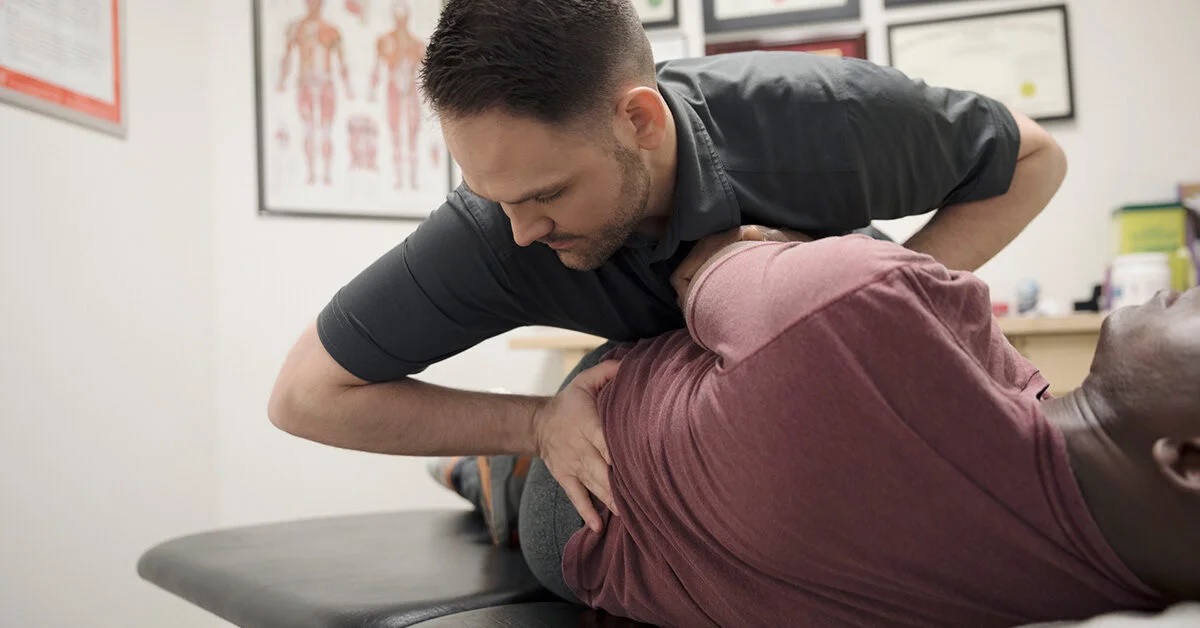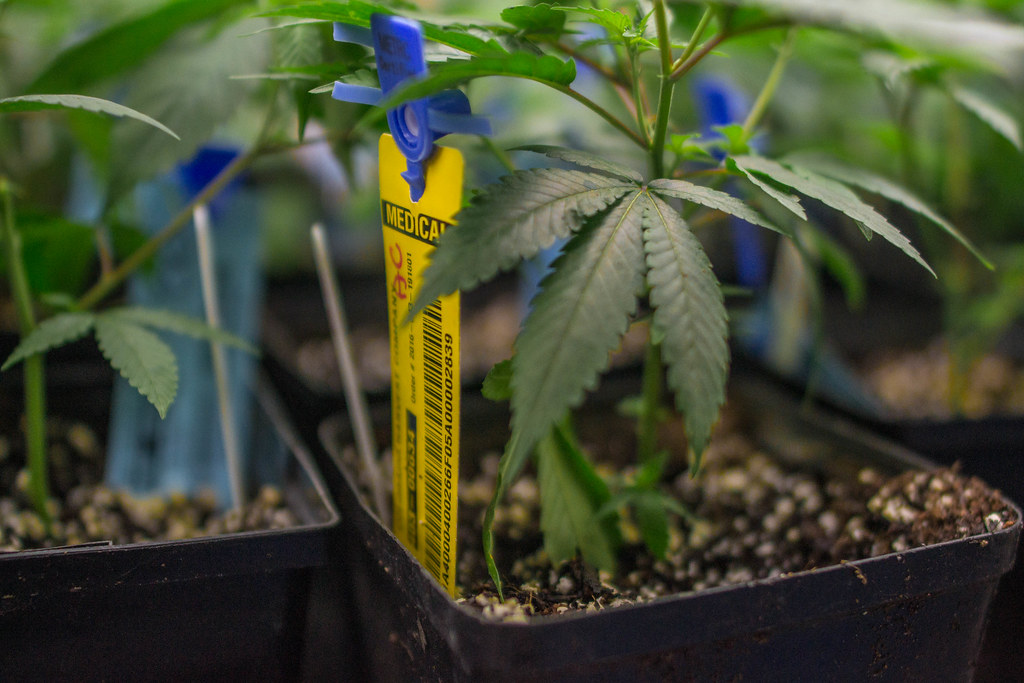A colonoscopy is a common and effective procedure used to screen for colorectal cancer, detect polyps, and investigate gastrointestinal symptoms. While it is widely regarded as safe, no medical procedure is without risks.
Understanding the potential risks and complications associated with a colonoscopy is essential for informed decision-making and preparation. This article explores the possible complications, how often they occur, and what you can do to minimize them.
Why is a Colonoscopy Necessary?
A colonoscopy is performed for several important reasons, such as screening for colorectal cancer, diagnosing inflammatory bowel diseases, and investigating symptoms like rectal bleeding or chronic abdominal pain.
During the procedure, a long, flexible tube equipped with a camera is inserted through the rectum, allowing the doctor to examine the colon and rectum. The procedure not only provides critical insights but can also be used to remove polyps or perform biopsies.
For most patients, the benefits of early detection and prevention outweigh the risks. However, understanding potential complications can help you better prepare for the procedure and recognize warning signs should they arise.
Common Risks of Colonoscopy
While colonoscopy complications are rare, they do occur in some cases. These are generally mild and manageable with prompt medical attention. Below are some of the most common risks associated with the procedure.
Bleeding
Bleeding is one of the most common risks associated with colonoscopy, especially if polyps are removed or a biopsy is taken during the procedure. In most cases, the bleeding is minor and stops on its own.
However, if you notice significant blood in your stool or continued bleeding after the procedure, it’s essential to contact your doctor immediately. Severe bleeding may require further medical intervention, but this is a rare occurrence.
The risk of bleeding increases with larger polyp removal or for patients on blood thinners. Your doctor may advise you to temporarily stop certain medications, such as anticoagulants, before the procedure to reduce the risk of bleeding complications.
Perforation
A more serious but less common risk of colonoscopy is perforation, which occurs when a tear or hole is accidentally made in the colon wall. Perforation can lead to the leakage of intestinal contents into the abdominal cavity, causing infection or even sepsis. This is a medical emergency that requires prompt treatment, usually involving surgery to repair the tear.
The risk of perforation is low, with estimates ranging from 0.1% to 0.3% of colonoscopy procedures. Certain factors, such as existing conditions like diverticulitis or a history of bowel surgery, may increase this risk. While rare, patients should be aware of symptoms like severe abdominal pain, fever, or nausea following the procedure, as these could indicate a perforation.
Infection
Although a colonoscopy is performed under sterile conditions, there is a slight risk of infection, particularly if a biopsy is taken or polyps are removed. Infections can occur in the colon or the bloodstream, leading to symptoms like fever, chills, or swelling at the site where polyps were removed.
In rare cases, an infection can spread, leading to more serious complications such as abscesses or septicemia. The use of antibiotics may be necessary if an infection occurs, but the risk remains relatively low. Following your doctor’s post-procedure care instructions can help minimize the risk of infection.
Sedation-Related Risks
Sedation is an integral part of a colonoscopy, as it helps ensure that the patient remains comfortable throughout the procedure. However, sedation comes with its own set of potential risks, especially for patients with pre-existing health conditions.
Breathing Difficulties
Sedation, particularly deep sedation or general anesthesia, can cause respiratory problems in some patients. This is more likely to occur in individuals with underlying respiratory issues, such as chronic obstructive pulmonary disease (COPD) or sleep apnea.
Careful monitoring of vital signs during the procedure reduces the risk of sedation-related complications, and in most cases, any breathing difficulties can be addressed quickly.
Cardiovascular Issues
Sedation can also affect the cardiovascular system, particularly in older adults or those with heart conditions. The use of sedatives can sometimes lead to changes in blood pressure or heart rate, which may require medical intervention. Your healthcare team will monitor your heart and blood pressure during the procedure to ensure you remain stable.
Most sedation-related risks can be minimized by thoroughly discussing your medical history with your doctor before the colonoscopy. It’s important to inform them of any medications you’re taking, as well as any prior reactions to anesthesia.
How to Minimize Your Risks
Although the risks associated with a colonoscopy are generally low, there are several steps you can take to further minimize complications and ensure a safe procedure.
Follow Pre-Procedure Instructions
Proper preparation is key to minimizing risks. Your doctor will provide detailed instructions on how to prepare your bowel for the colonoscopy, including dietary restrictions and medications to avoid. Failing to follow these instructions can increase the risk of complications like perforation or bleeding, as an unclean bowel can make the procedure more difficult and hazardous.
Discuss Your Medical History
Open communication with your doctor about your medical history, including any medications, allergies, or pre-existing conditions, is crucial in minimizing risks. Your doctor may adjust your medication or recommend certain precautions to reduce the likelihood of complications.
Post-Procedure Care
After the procedure, you’ll be given instructions on how to care for yourself as the sedation wears off and your body recovers. It’s important to follow these guidelines closely, as they are designed to minimize the risk of complications like infection or bleeding. If you experience any unusual symptoms such as severe pain, fever, or prolonged bleeding, contact your doctor immediately.
Conclusion
A colonoscopy is a valuable tool for detecting and preventing colorectal cancer, but like any medical procedure, it comes with risks. While complications such as bleeding, perforation, infection, or sedation-related issues are rare, understanding these risks can help you better prepare and minimize your chances of experiencing them. By following pre-procedure and post-procedure instructions and maintaining open communication with your healthcare provider, you can undergo the procedure with confidence, knowing that the benefits far outweigh the potential risks.




